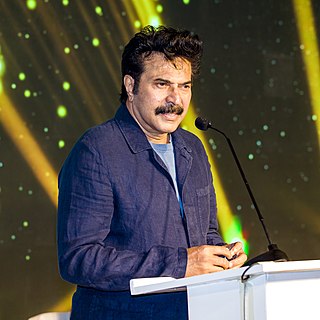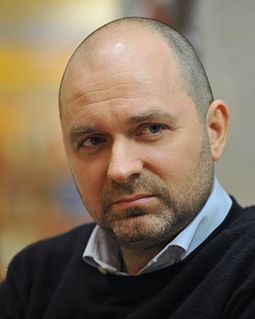A Quote by Chuck Palahniuk
I think that young people are less attached to items and objects now. They're less attached to consuming things and accruing things because they see it as a system that doesn't necessarily work and give them a sense of adulthood and fulfillment. They're much more in tune with wanting to achieve a skill, a form of self-expression, or a body of knowledge that fulfills the same function, fulfills their adulthood.
Related Quotes
Transcendence or detachment, leaving the body, pure love, lack of jealousy-that's the vision we are given in our culture, generally, when we think of the highest thing. . . . Another way to look at it is that the aim of the person is not to be detached, but to be more attached-to be attached to working; to be attached to making chairs or something that helps everyone; to be attached to beauty; to be attached to music.
Maybe that will happen with other countries as well. And so, that's why one of the things that groups like mine that work for the elimination of nuclear weapons and work for their marginalization in the meantime, we say you have to diminish the political value that's attached to nuclear weapons in order to give them less (kind of) desirability in the eyes of governments that do not now have them, and thus to help stop their spread.
I see that things are getting made a lot faster for less money and there are a lot less opportunity, I think, for actors. There's not a lot of work in the U.K. I mean, that's why everyone's moving to America because that's where the work seems to be. But it definitely feels like a lot more of a slog to get a gig these days. I suppose that's a lot to do with our current climate and financial messes. I certainly see that people seem to have to work harder with a lot less time.
I am way less attached to the number the more I weigh. You always think that if you weigh less and get to that magical number, you'll think less about your weight. But I in fact thought about that lower number more... wanting to stay close to it, fearing it getting higher. I would fret each week seeing it go up. The mission to stay lean was always harder than getting there.
If we could put material things into their proper place, and use them without being attached to them, how much freer we would be. Then we wouldn't burden ourselves with things we don't need. If we could only realize that we are all cells in the same body of humanity - then we would think of having enough for all, not too much for some and too little for others.
As you release the things you no longer love or use, you call back to yourself the parts of your spirit that have been attached to them, and attached to the emotional needs and memories associated with those objects. In so doing, you bring yourself powerfully into present time. Your energy, instead of being dispersed in a thousand different, unproductive directions, becomes more centered and focused. You feel more spiritually complete and more at peace with yourself.
The more often we see the things around us - even the beautiful and wonderful things - the more they become invisible to us. That is why we often take for granted the beauty of this world: the flowers, the trees, the birds, the clouds - even those we love. Because we see things so often, we see them less and less.
People who believe that they are going to be excommunicated and shamed, or whatever other dark things may happen to them, are much less likely to enter open, loving relationships. And they are also much less likely to have the self-esteem that is required to be monogamous and loving. And in consequence, they are much less likely to create families.
The 60s were a continuation of the 50s much more than people realized. Certainly in some countries, like Britain, there was still a culture of deference, whereas in the 70s we really are in a time of angry transition. The generation that came into young adulthood in the 70s couldn't find jobs; that wasn't true in my generation. They entered a time when two depressing things hit them both at the same time.
The death penalty fulfills a preventive function, but it is also very clearly a form of revenge. It is an especially severe form of punishment because it is so final. The human life is ended and the executed person is deprived of the opportunity to change, to restore the harm done or compensate for it.







































